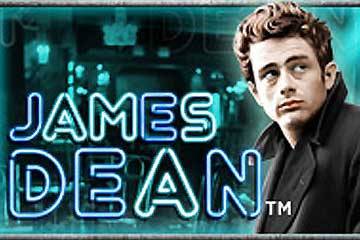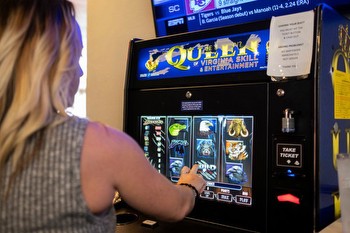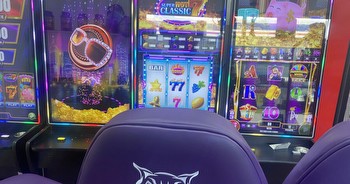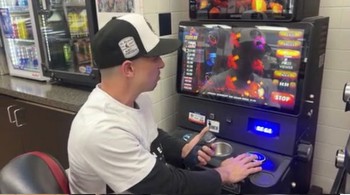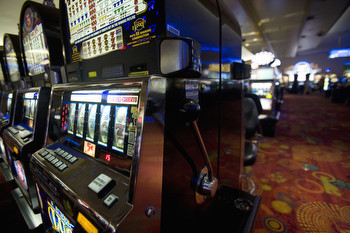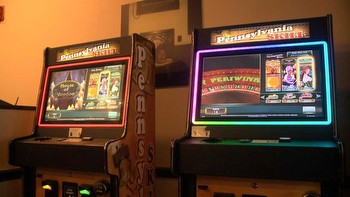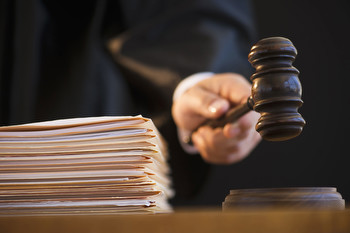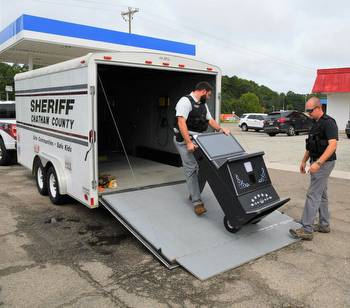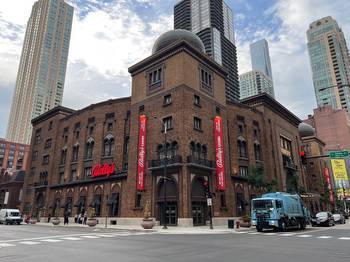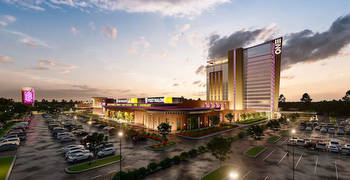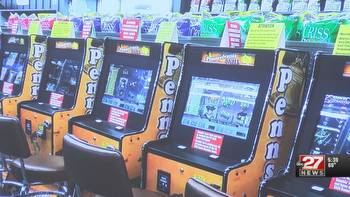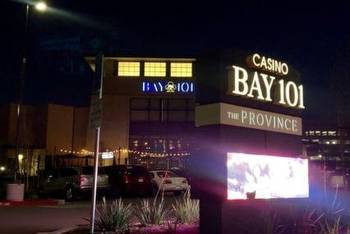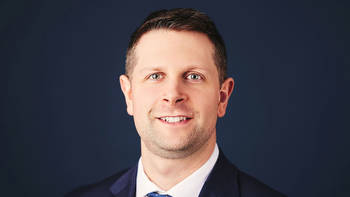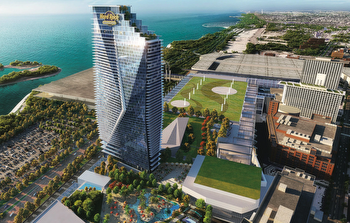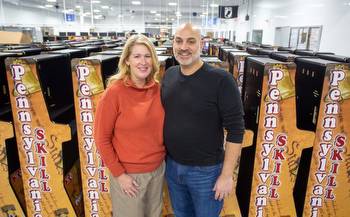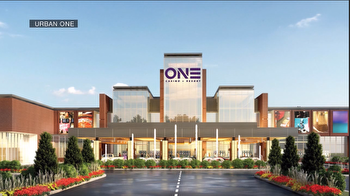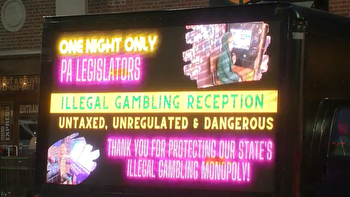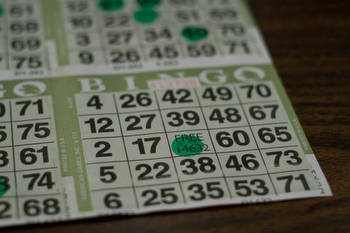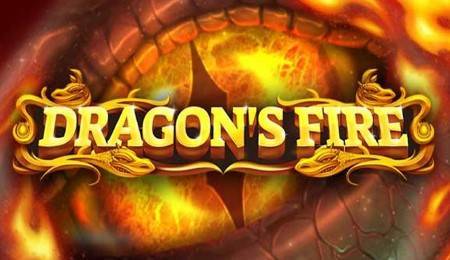Philly City Council gets an earful at contentious meeting on skill-based gambling machine ban
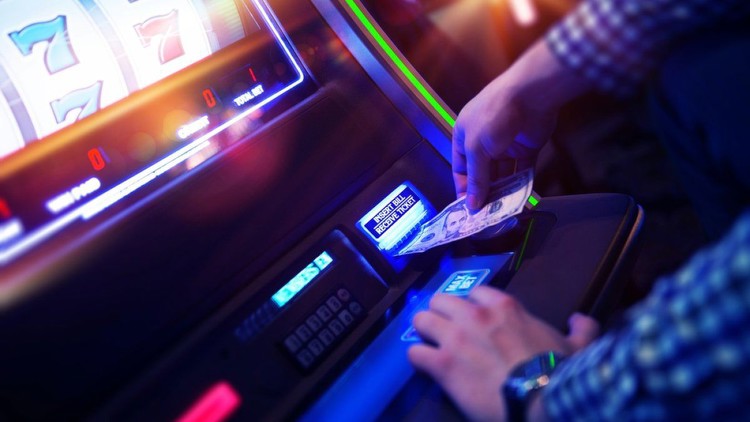
Philadelphia's City Council is looking to end the proliferation of skills-based gambling machines throughout the city with legislation that would prohibit businesses from operating "any casino-style or skill game that accepts cash payment for the chance of a cash reward."
And, at a recent meeting, they heard a wealth of opinions on the topic.
The bill, sponsored by a majority of City Council, would slap any business found operating such machines -- unless they are otherwise regulated by the state -- with a $1,000 fine per device.
In a hearing held Tuesday, officials discussed the motivation behind the creation of the bill and heard input from members of the community on the issue.
To open the meeting, City Councilmember Curtis Jones Jr. (D-4th dist.) remembered how the city got to the point that these type of skill-gambling machines.
A 2017 amendment to Pa gambling law allowed skills-based gambling machines at truck stops, but Jones said, that led to the machines flooding the city. These are machines that, may look like typical slot or video betting machines, but operate outside of regulations the state has on slot machines that would be seen in a casino.
And it happened so quickly, he said, that officials were left with questions like, how many machines are in Philly? Where are they located? How close are these machines to schools? What’s the win/loss rate of the machines?
"Unfortunately, we will get none of those answers because we don’t regulate them,” said Jones.
He noted that the city can't collect any taxes from the money that flows into these machines that operate at corner stores throughout Philadelphia and, even if they could, Jones said, there's no system in place to know where these machines are or how many of them are in operation citywide.
They go where they want, set up where they want and don’t tell us where they are," he said. “We don’t know, what we don’t know by way of revenues that come in and should come in to the City of Philadelphia."
However, he noted, the governor has pitched a tax of 42% on daily gross revenue from these kinds of gaming machines in his most recent budget.
During the day, Philadelphia Police Commissioner Kevin Bethel said that he was in support of the ban, arguing that without regulation, those who play these games can loiter at neighborhood businesses and cause problems in the neighborhood where they are located.
In praising the move, Bethel called the legislation a "bill that helps us."
For Andy Toy of the Philadelphia Association of Community Development Corporations, these machines are a problem for neighborhoods all across the city.
He said that, following a survey of the association's more than 150 member groups that represents all parts of the city, they only heard that skills-based gambling machines caused issues for residents.
"We didn't hear anything positive," he said. "We believe that there is enough evidence that there is a problem.
Several of those opposed to these types of machines talked anecdotally about crime that they believe could be tied to skill-based gambling machines.
In fact, this legislation comes after 28-year-old Alexander Spencer was shot and killed by Philadelphia police officers after he was confronted while he played a skill-based game in a corner store along the 2800 block of N. Mascher Street in North Philly, last month.
Yet, there were others that pushed back, arguing that the machines helped support small businesses that have been hit hard by inflation and that the machines provide players with an experience that they might have to travel far to be able to engage in.
Andrea Rodriguez -- who owns a corner store in North Philadelphia that houses, she said, five or six skills-based gambling machines -- argued that crime in her community hasn't been impacted by the machines at all.
"Robbery is all the time," she said.
Instead, she argued that the machines can bring in about $200 to $300 -- sometimes up to $800 -- in additional revenue a week.
"I never have problems," she told councilmembers. "I don't see any violence in my community because of that."
Akash Patel, who said his family owns a store in Roxborough, argued -- at moments vehemently -- that issues of crime or nuisances that councilmembers tied to skills-based gambling machines was not due to the machines, but was instead caused by police officials not doing more for the community.
"The police aren't doing their jobs," said Patel. "We call the cops, they don't do anything."
Also, some who spoke in defense of the machines argued that they offered players a local option instead of making them go to a casino or travel to Atlantic City or Las Vegas.
But, it was an argument that Councilmember-at-large Jim Garrity scoffed at.
"If they want to go to a casino, they should go to a casino." he said.
Tuesday's hearing would not end in a final decision on this legislation.
The bill will still need to be read before council and voted on before it could become law.







